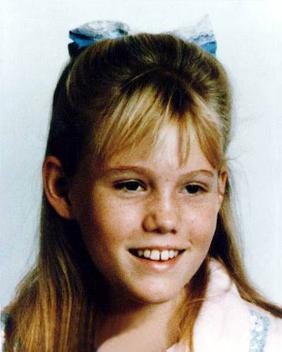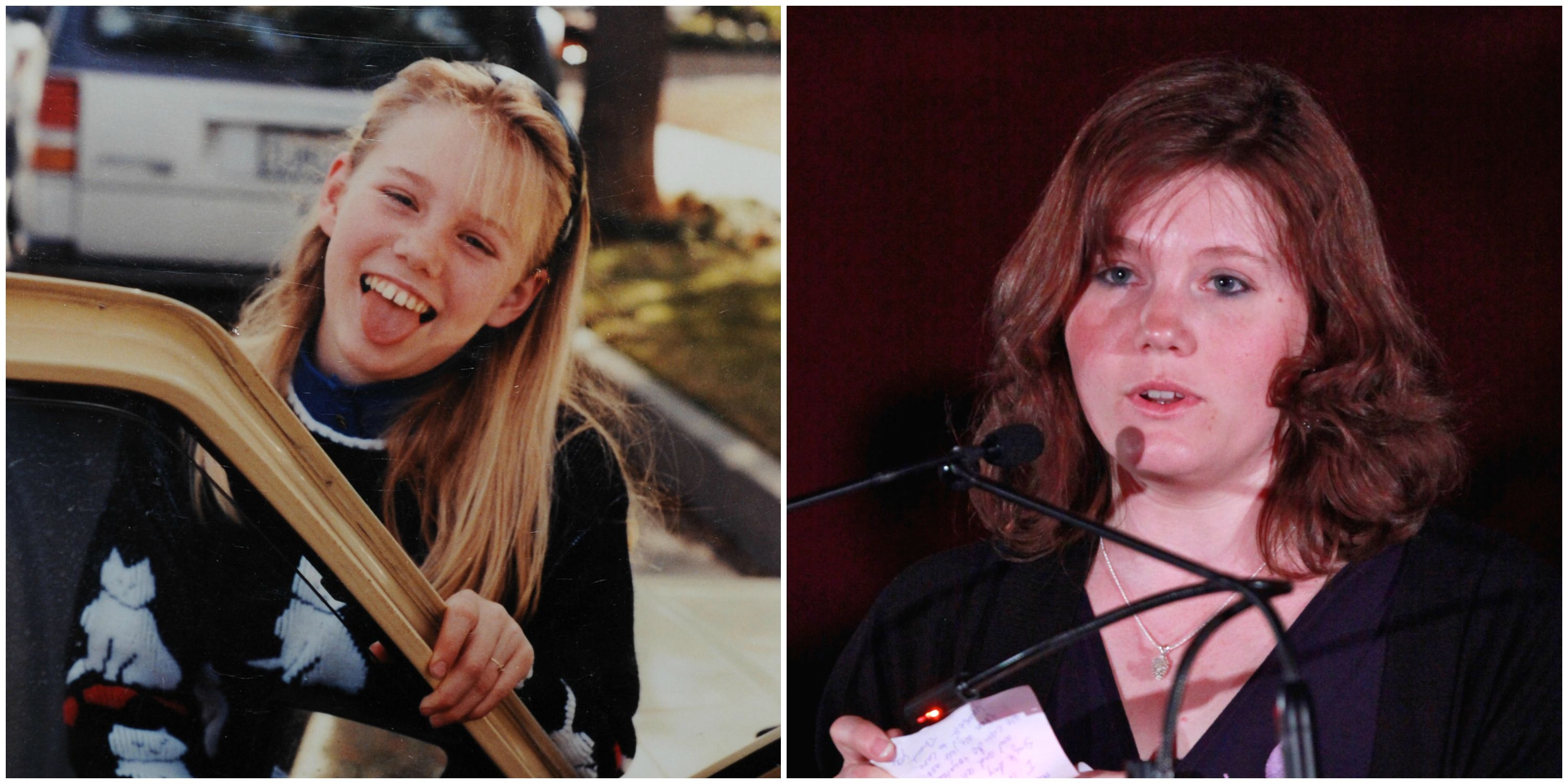

Other Writings:
On Writing the Book:
Jaycee Dugard's New York Times bestselling memoir chronicles her raw and powerful story of being kidnapped in 1991 and held captive for more than eighteen years. When Jaycee Dugard was eleven years old, she was abducted from a school bus stop within sight of her home in South Lake Tahoe, California. She was missing for more than eighteen years, held captive by Phillip Craig and Nancy Garrido, and gave birth to two daughters during her imprisonment. On August 26, 2009, Garrido showed up for a meeting with his parole officer; he brought Jaycee, her daughters, and his wife Nancy with him. Their unusual behavior raised suspicions and an investigation revealed the tent behind the Garridos' home where Jaycee had been living for nearly two decades. A Stolen Life was written by Jaycee herself and covers the period from the time of her abduction in 1991 up until the present. In her stark, compelling narrative, she opens up about what she experienced--and offers an extraordinary account of courage and resilience.
June 11, 1991: Jaycee Lee is snatched just 1,500 feet from her home by a couple driving a gun-metal gray sedan. Her step-father Carl Probyn witnessed the kidnapping from his garage and attempted to chase the couple on his bicycle.
June 12, 1991: Clutching her daughter's stuffed pink bunny rabbit, Jaycee Lee's mother Terry Probyn goes before reporters and television cameras to plead for her daughter's safe return. A car fitting the description of the suspect's vehicle, with a young girl sleeping in the back seat, is spotted at Fallen Leaf Lake.
June 14, 1991: The case is profiled on America's Most Wanted, resulting in hundreds of tips to police.
Aug. 10, 1991: More than 250 people hold a candlelight vigil to show support for Jaycee Lee and her family.
Aug. 24, 1991: The FBI questions two suspects in Ceres, Calif., just south of Modesto, but find no connection to the case.
Nov. 25, 1991: People Magazine profiles the kidnapping in a three-page spread.
Jan. 1992: A Gardnerville musician records a song "Jaycee Lee" to help raise money for the search.
June 10, 1992: A candlelight vigil is held to commemorate the one-year anniversary of Jaycee Lee's disappearance. In the months since the kidnapping, her friends and family have mailed more than 1.2 million photos of Jaycee Lee across the country.
June 10, 2001: More than 100 people bearing pink ribbons in honor of Jaycee Lee's favorite color march down U.S. Highway 50 in South Lake Tahoe to mark the 10-year anniversary of her disappearance.
June 2002: Investigators dig up the yard of a Truckee priest accused of molesting three girls in the 1970s, searching for clues to Jaycee Lee's disappearance and that of another girl who had gone missing in Northern California. No connection is found.
Aug. 26, 2009: A 29-year-old woman walks in to a Contra Costa County law enforcement office, claims she is Jaycee Lee and says she was kidnapped 18 years ago.

The Abduction of Jaycee Dugard (2012)
Kidnapped for 18 Years: The Jaycee Dugard Story (2009)
*many true crime shows also covered her story throughout the years*
 Westwood Public Library
Westwood Public Library